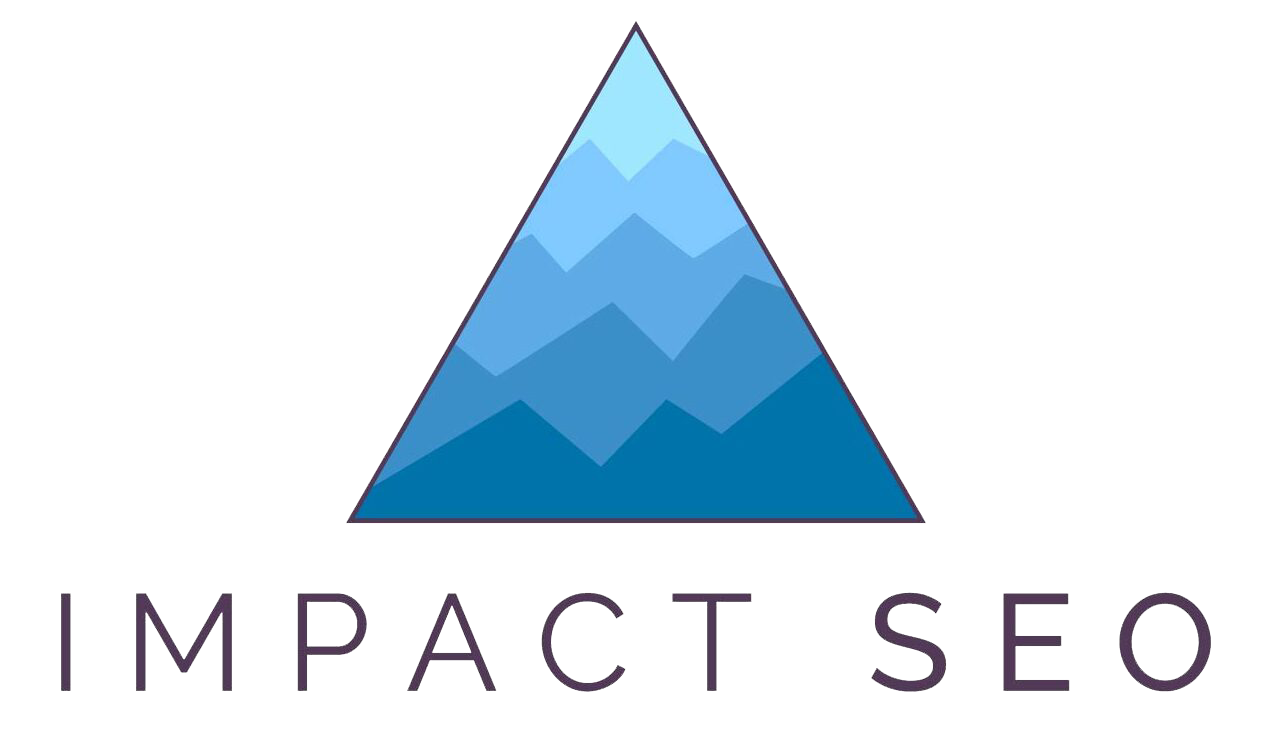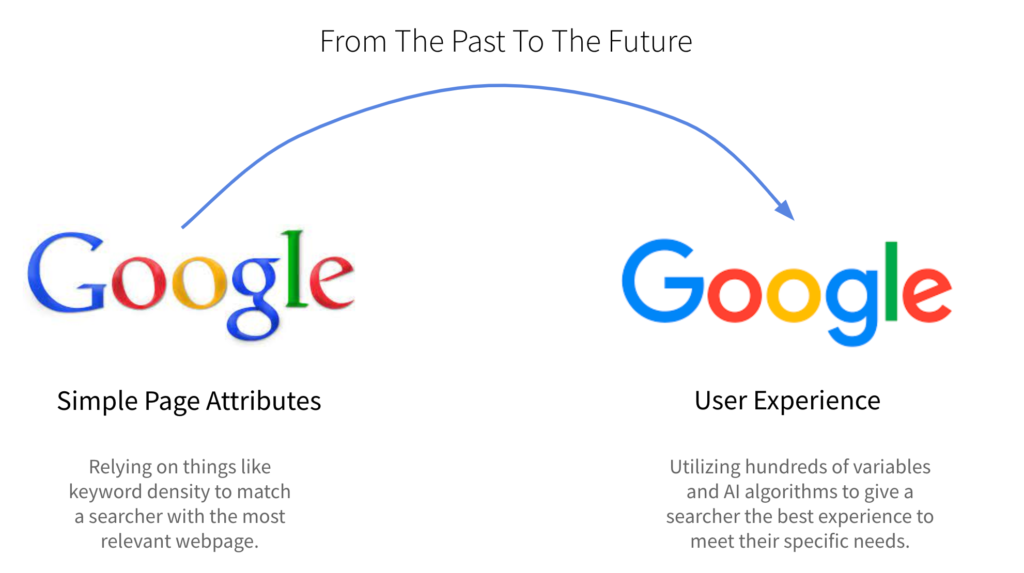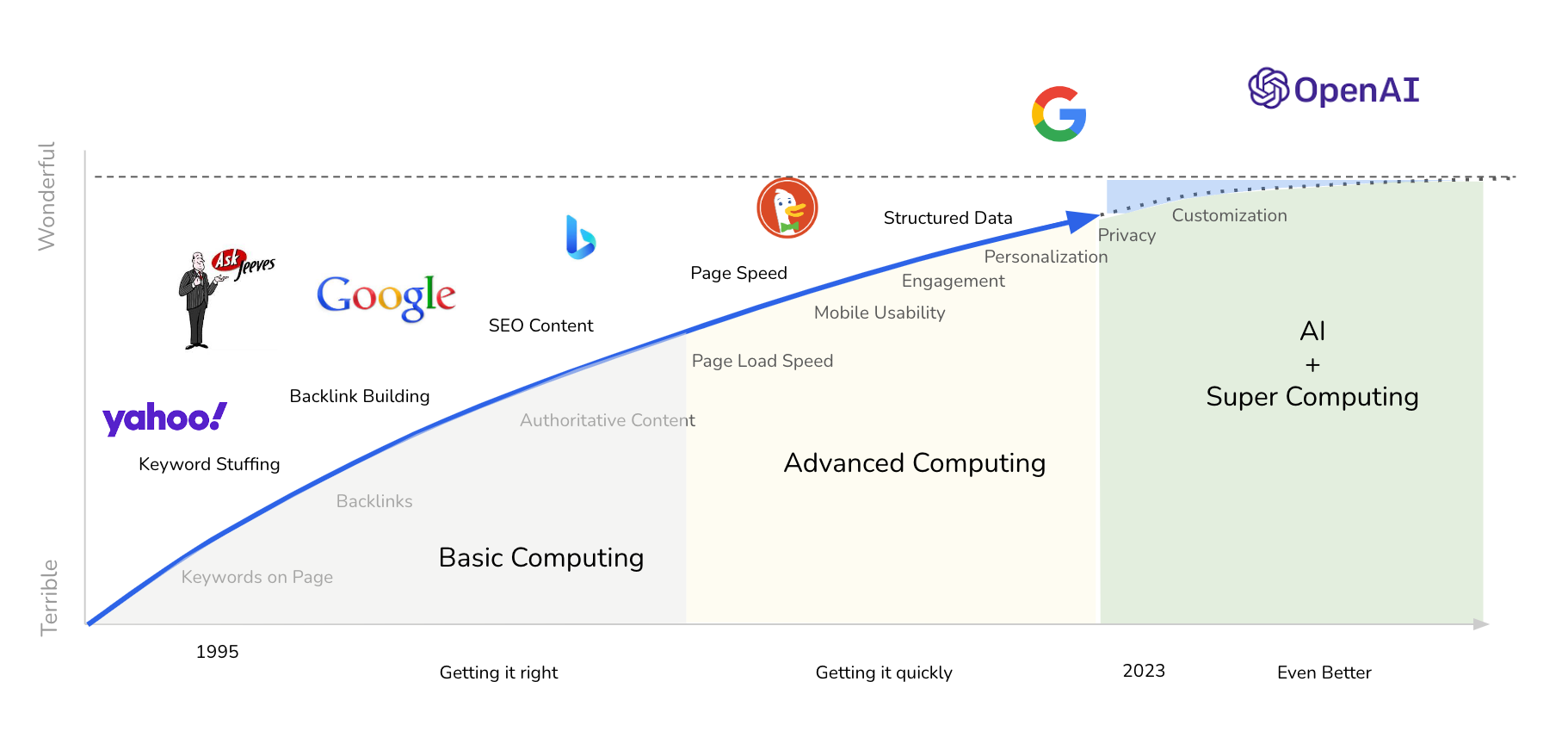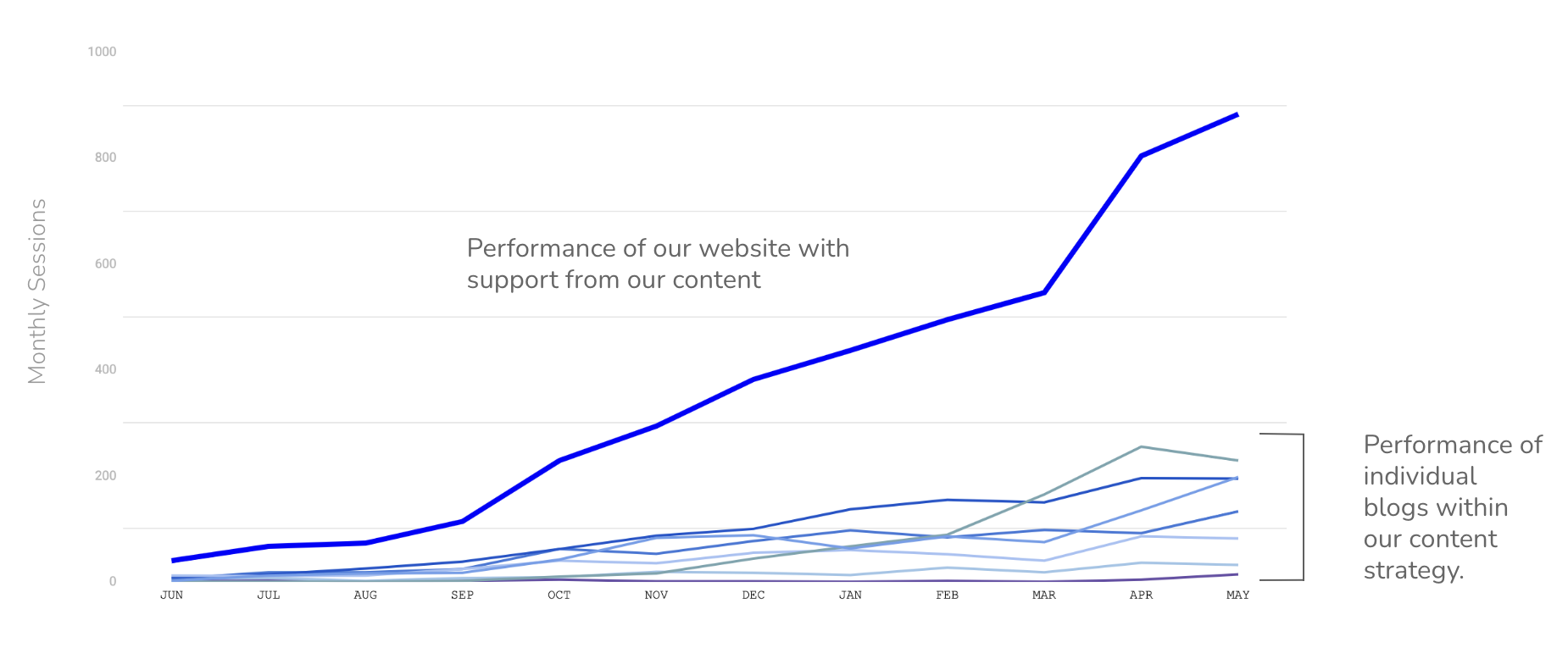Search engines have changed the way they select the top results, but most SEO’s are still “optimizing” for the old way search engines operated. To see sustainable growth over the next 5-10 years, we need to change how we think about optimization and act in accordance with this new mindset.
In this post I’ll explain how to make that transition so you can have peace of mind that your efforts are supporting the growth you seek, instead of all going to waste.
Why Do We “Optimize” Pages?
We invest time and money in “optimizing” pages with the hope that we can significantly improve their performance. A better performing page means better keyword rankings, more visitors, and more leads or sales.
We often believe that a few adjustments to a page might result in significantly more visibility in search engines. While this can still be the case, the type of adjustments needed now are different from those that would have worked 5-10 years ago.
In the new world of SEO we need to shift our focus away from keyword optimization and toward experience optimization.
Shifting Our Focus
Search engines are changing (fast). But don’t throw your SEO strategy out the window yet!
A few strategy tweaks may be enough to modernize your optimization efforts. Understanding how search engines are changing and adjusting our focus is the most effective way to stay in tune with the future of search.
How Search Engines Are Changing
Search engines have already changed the way they crawl and evaluate pages and you can bet they’ll continue to change as they bolt on AI and even more advanced algorithms.
With advanced technology and massive processing power, search engines can now effectively evaluate how good of an experience a searcher will have when they use their search function.
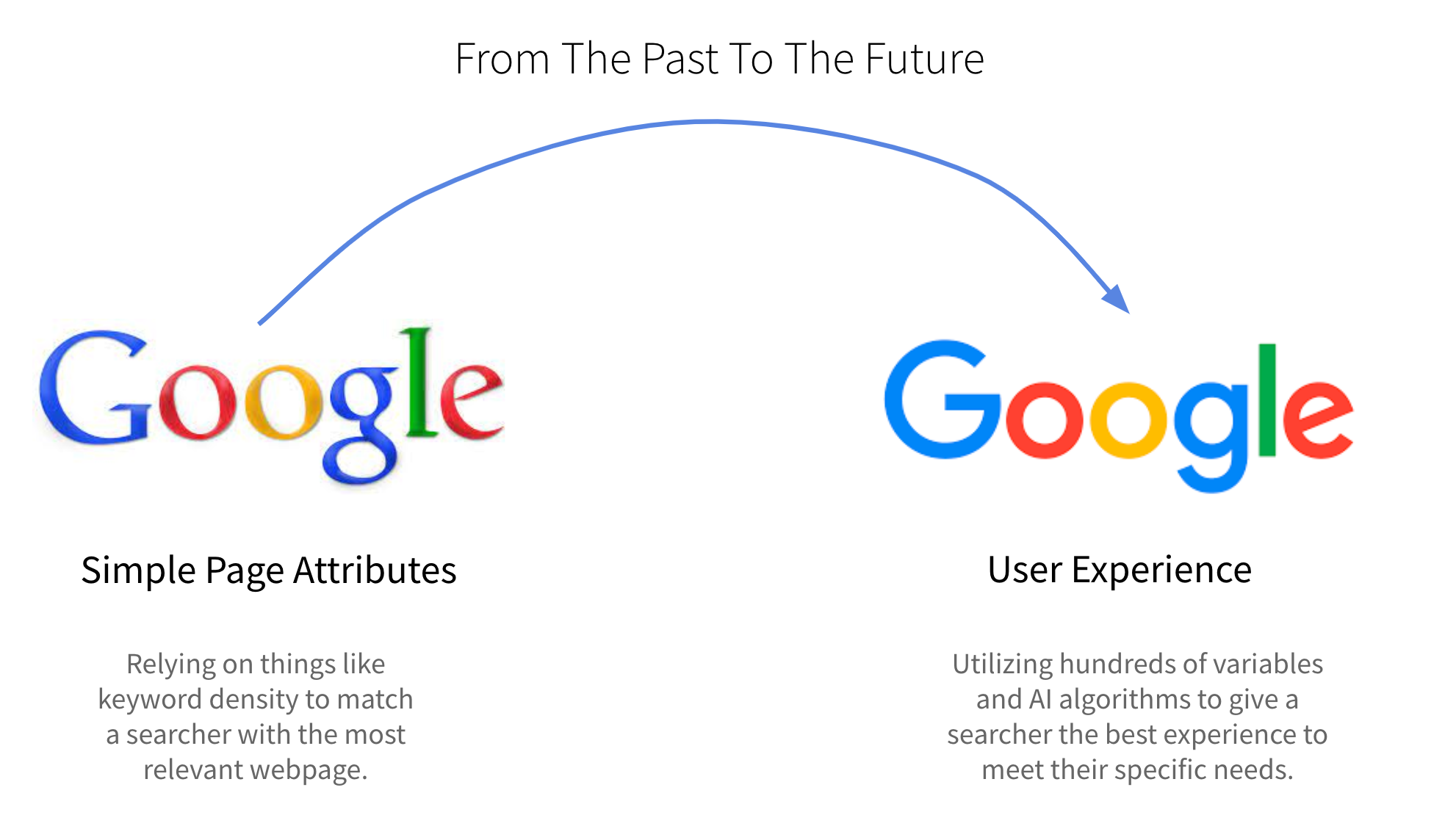
How We Should Adapt Our SEO Mindset
As optimizers, this means we need to shift away from a focus on simple page attributes and toward an overall great experience for our target audience (TA).
Instead of asking ourselves how do we make search engines happy, we should be asking ourselves how we make our target audience happy.
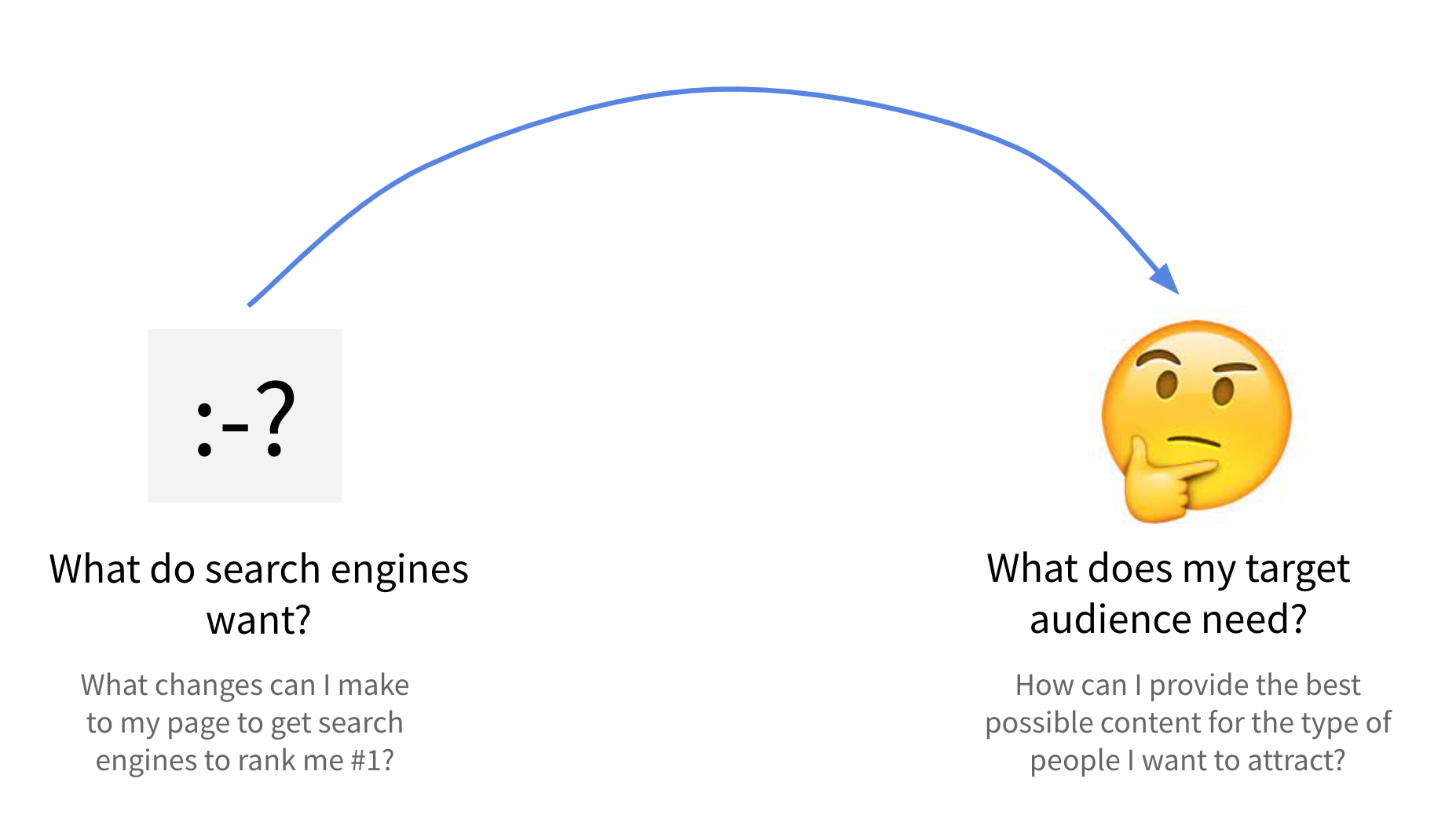
With our new mindset, let’s tackle the key aspects of optimization and how to get the most from these efforts.
4 Optimization Habits for The Future of SEO
Here are the top four areas to re-evaluate your optimization strategy for the future of SEO:
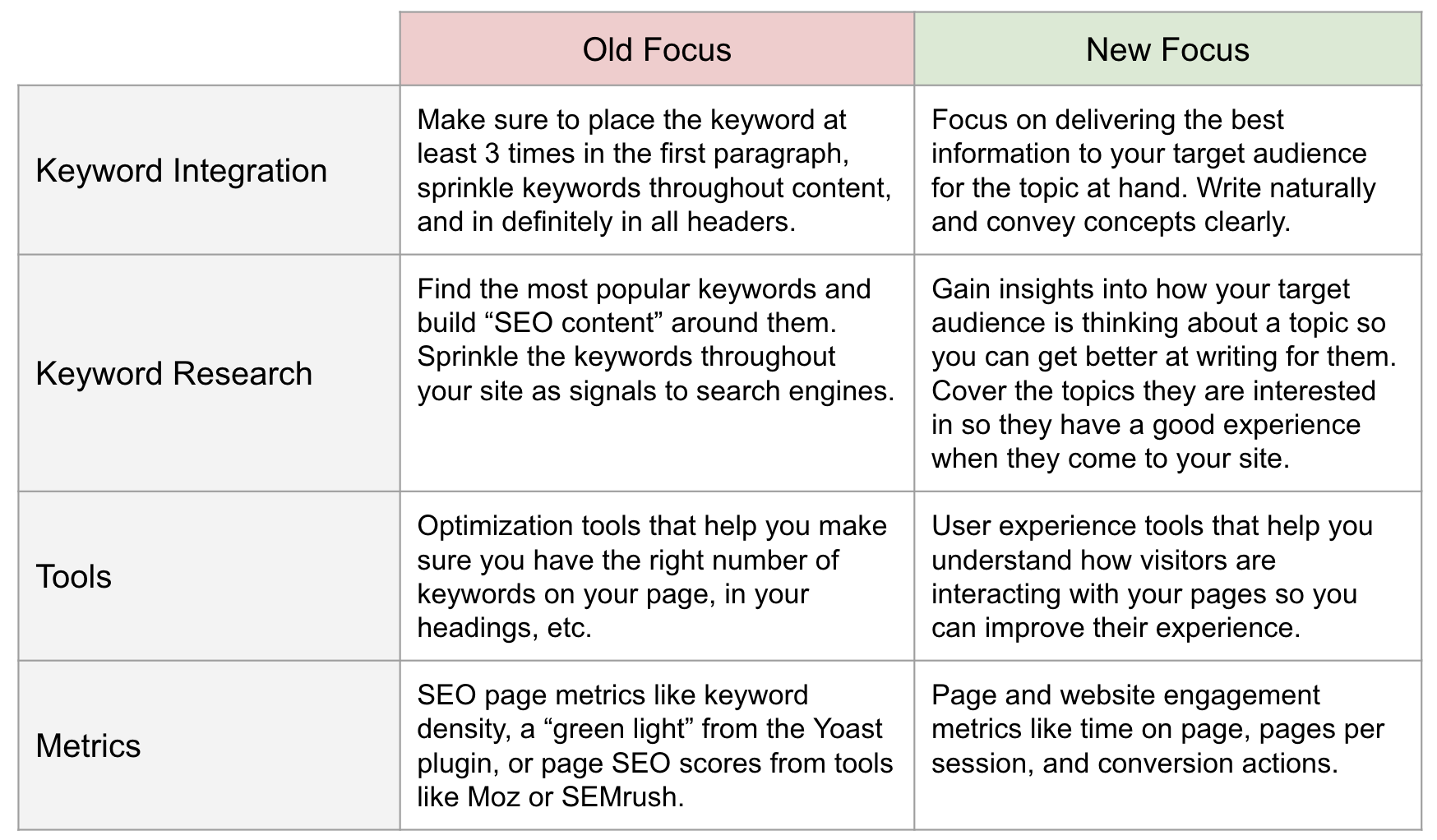
Keyword Integration: forget it
If you write naturally and cover the topic thoroughly, you don’t need to think about keywords. Make your headers clear, your copy well-written, and communicate your ideas clearly. You don’t need to worry about inserting keywords in your copy if you have the best available content for your target audience.
Keyword Research: think about search intention.
Use keyword research to gain insights into how your target audience is searching for a specific topic related to your organization. This will help you understand how they’re thinking about it and the vocabulary they’re using, so you can speak to them on their terms.
Tools: less SEO, more UX
Tools that help you understand how your site visitors are interacting with your content will help you optimize better than tools that give you a page SEO score. Optimize for visitors engaging with your content, not getting a green light from the Yoast plugin.
Metrics: pivot focus more toward engagement
Pay more attention to how people are engaging with your page and less on vanity metrics like keyword density. Are your site visitors getting the information they’re looking for? Your visitors don’t care how many times you use the “target keyword” on the page. They care about getting the information they’re looking for. Optimize for them, not for search engines.
Quick Start Guide To Page Optimization
To put these new habits into action, follow these 4 steps:
- Identify who the page is for. Some pages will have more than one TA. You can have a primary, secondary, and even tertiary TA. Weight them and optimize accordingly.
- Make sure you understand your TA (primarily their needs and motivations). What is the problem they seek to solve? How can you help them? The better you know your TA, the better you can match your content to their needs.
- Focus on communicating the information they need in the clearest and simplest way possible. Many of your competitors have the same answer. You can beat them by making the exchange of information between you and your target audience less painful or by tailoring your content closer to the needs of your specific TA.
- Measure how your target audience is interacting with your page and improve over time as you get reliable feedback. You can treat each page as a campaign. Keep learning about how to make it a better resource for your target audience and iterate to make it better.
